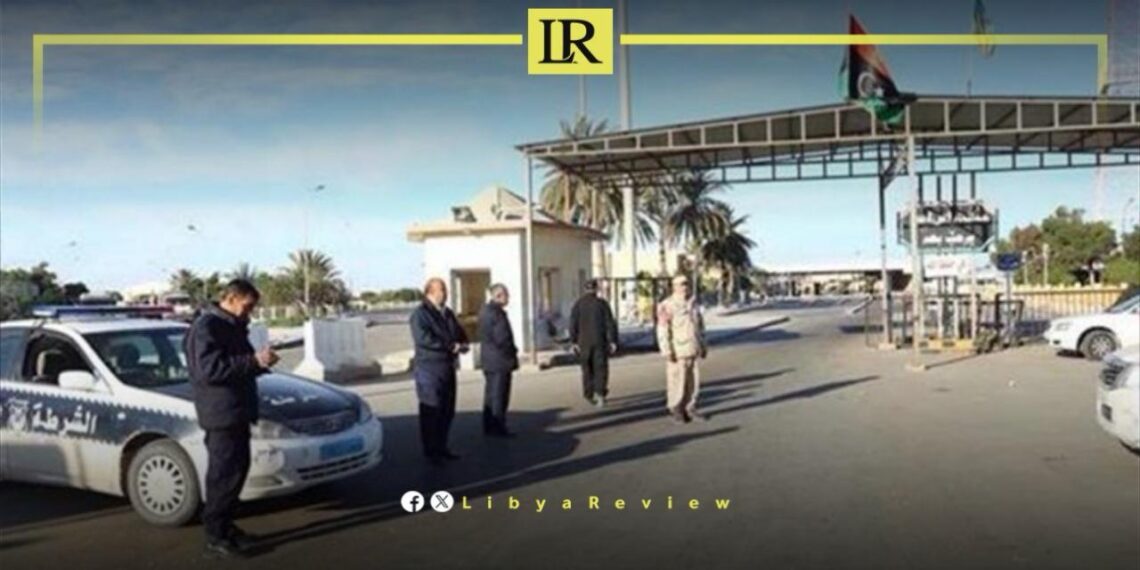An investigation by “Independent Arabiya” has uncovered practices of extortion against Tunisians at the Ras Ajdir border crossing with Libya, highlighting a concerning trend of unauthorized customs fees and demands for illicit tolls by Libyan militias.
The report documents a range of abuses inflicted on travelers and vehicles entering Libya from Tunisia, including physical assault, verbal harassment, and vehicle damage. Tunisian traders, in particular, bear the brunt of these practices, facing destruction of goods and vehicles, and forced to pay bribes for safe merchandise passage.
In a significant move, the Libyan Government of National Unity (GNU), headed by Prime Minister Abdul Hamid Dbaiba, has implemented a compulsory charge of 45 Libyan dinars on every Tunisian vehicle entering Libya, exacerbating the border extortion issue. This measure coincides with the appointment of Emad Trabelsi to oversee the Ras Ajdir crossing in November, by order of the GNU’s interior ministry.
The Ras Ajdir crossing serves as a crucial conduit for commerce and travel between Libya and Tunisia, reflecting the countries’ intertwined historical, cultural, and economic connections. Yet, it has also become a site of tension and smuggling, intensified by Libya’s turmoil following the 2011 revolution that toppled Muammar Gaddafi.
The ensuing chaos in Libya, characterized by rival factions and militias competing for dominance, has rendered border areas particularly prone to disorder and criminal activities. These developments not only compromise Libya’s internal security but also strain its relationship with Tunisia, adversely affecting diplomatic ties and economic exchanges crucial for cross-border trade.
The escalating extortion and mistreatment at the border underscore the wider security dilemmas confronting Libya and their repercussions on its interactions with neighboring states. Such actions jeopardize diplomatic relations and disrupt economic ties, impacting the livelihoods of traders reliant on bilateral commerce.


